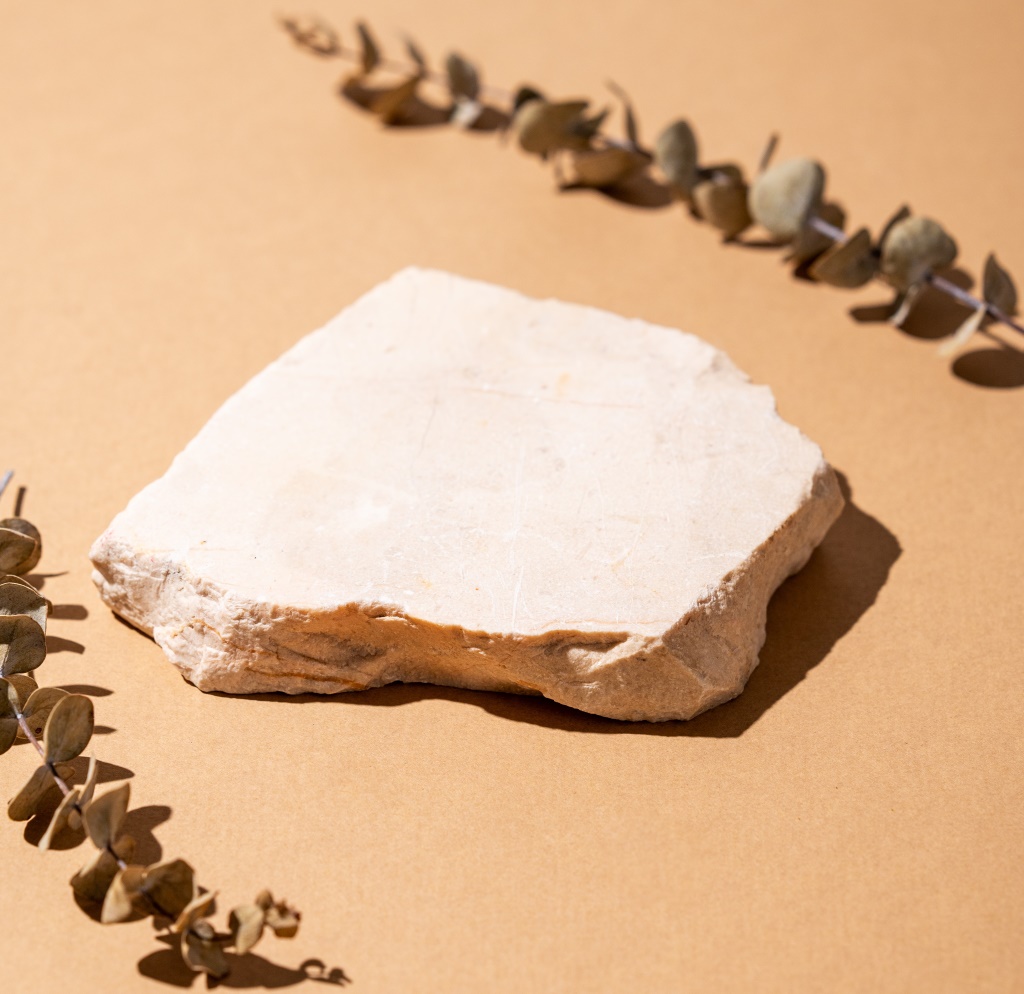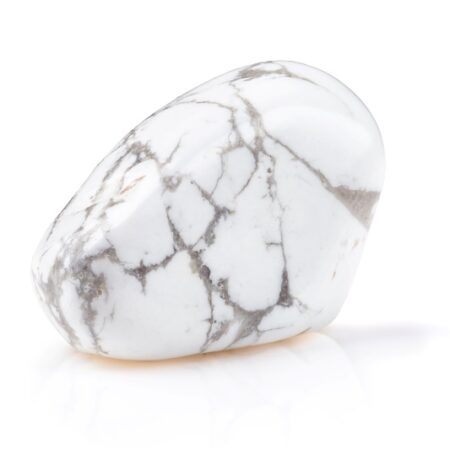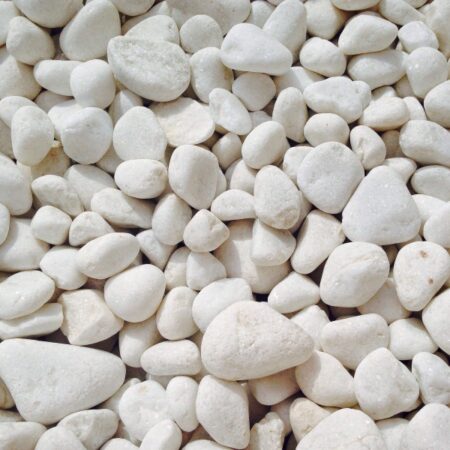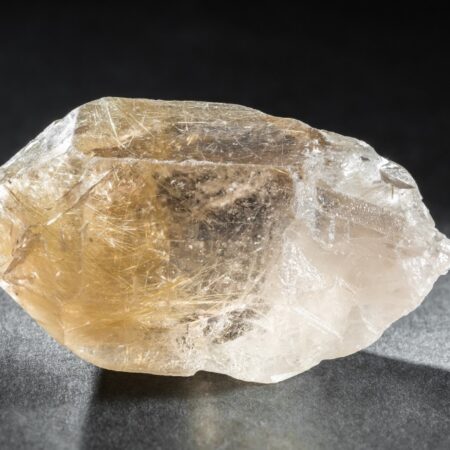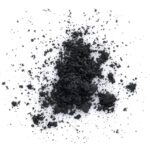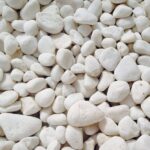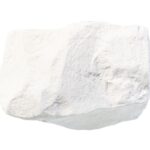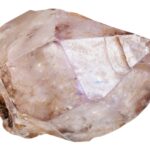Description
Kaolin is a type of clay mineral known for its fine particle size, white color, and soft texture. It is formed through the weathering of aluminum silicate minerals such as feldspar. Kaolin is found in abundance in various parts of the world and has numerous industrial applications due to its unique properties.
Uses of kaolin include:
- Paper Industry: Kaolin is extensively used as a coating and filler in the paper industry to improve printability, brightness, and smoothness of paper products. It helps to enhance ink absorption and reduce ink bleed.
- Ceramics: Kaolin is a key ingredient in the production of ceramics and porcelain. It acts as a fluxing agent, promoting the fusion of materials during firing and improving the strength and whiteness of finished ceramic products.
- Cosmetics and Personal Care Products: Kaolin is used in various cosmetics and personal care products such as facial masks, bath powders, and body powders due to its absorbent and soothing properties. It helps to cleanse and exfoliate the skin gently.
- Plastics and Rubber: Kaolin is added to plastics and rubber products as a filler and reinforcing agent to enhance mechanical properties, reduce shrinkage, and improve surface finish.
- Paints and Coatings: Kaolin is used as a pigment extender and functional filler in paints, coatings, and sealants to improve opacity, durability, and rheological properties. It also helps to control gloss and sheen.
- Pharmaceuticals: Kaolin is used in pharmaceutical formulations as an excipient and as an ingredient in antidiarrheal medications due to its adsorbent properties, which help to alleviate gastrointestinal symptoms.
- Agrochemicals: Kaolin is used in agricultural formulations such as pesticides and fertilizers to improve spray adhesion, reduce evaporation, and provide protection against pests and diseases.
Overall, kaolin is a versatile industrial mineral with a wide range of applications across various sectors including paper, ceramics, cosmetics, plastics, paints, pharmaceuticals, and agriculture. Its unique properties make it an essential ingredient in many manufacturing processes.


